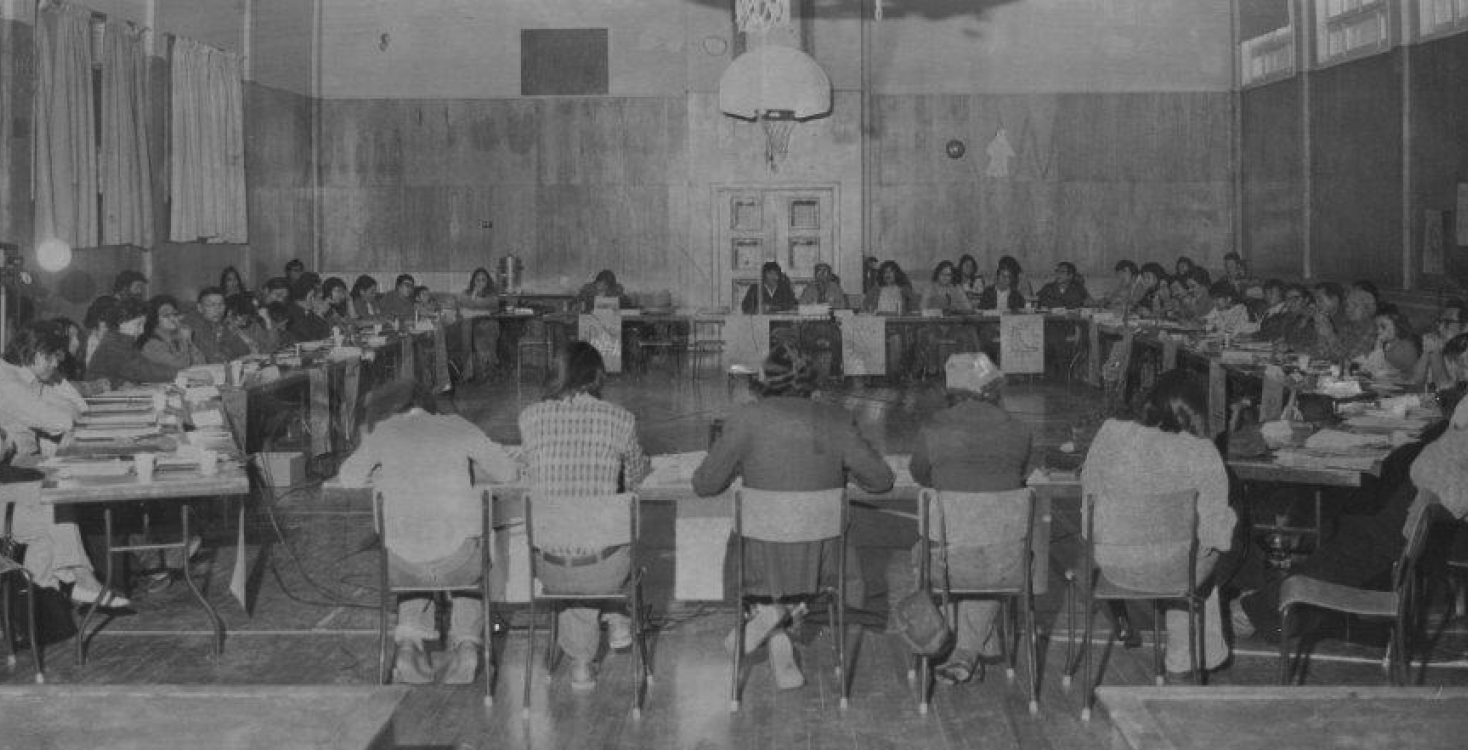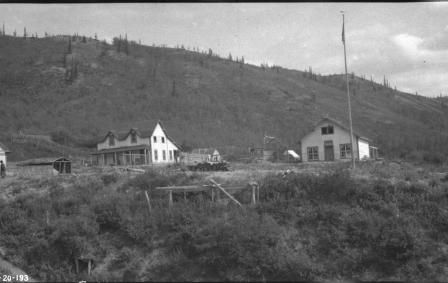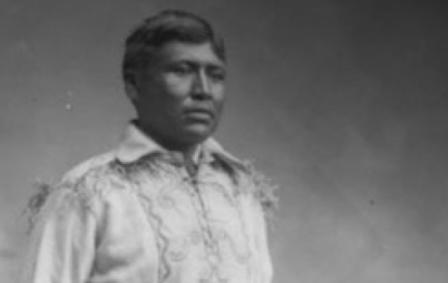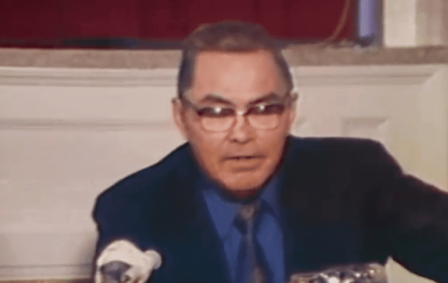Council of Yukon First Nations

The 1960s and 1970s were a time of great social change around the world. They also marked the beginning of a new era for First Nations in Canada.
First Nation people throughout Canada were finding a common voice and working together for the recognition of their rights. In the Yukon, the Yukon Native Brotherhood was formed in 1968 when First Nations were working toward recognition of their rights.
The following year, further momentum was gained in the territory and across the country as First Nation people soundly rejected the White Paper.
In early 1973, the Calder case was a catalyst in the Government of Canada’s development of a new Aboriginal land claims policy to guide negotiations.
By 1973, the YNB had strong grassroots support to secure a land claims settlement for Yukon First Nations and presented Together Today for Our Children Tomorrow to the Prime Minister on February 14, 1973.
Yukon First Nations were unwavering in their vision to ensure that all Yukon First Nations people would benefit from a settlement, and so in 1973 the YNB and the Yukon Association of Non-Status Indians came together to form the Council for Yukon Indians – known today as the Council of Yukon First Nations – in order to negotiate land claims on behalf of all Yukon First Nations people.
The Council for Yukon Indians represented all Yukon First Nations people, which required intense negotiation as the Federal Government was adamant that they could only negotiate in the interests of status Indians.
The Council later became known by its current name, the Council of Yukon First Nations. Today, CYFN works with and supports Yukon First Nations so they can have a greater say about what happens in Yukon. This includes bringing leaders together, ensuring Yukon First Nation representation and input on territorial boards and committees, and helping to ensure that Yukon First Nations perspectives are shared and heard on key issues in the territory.


